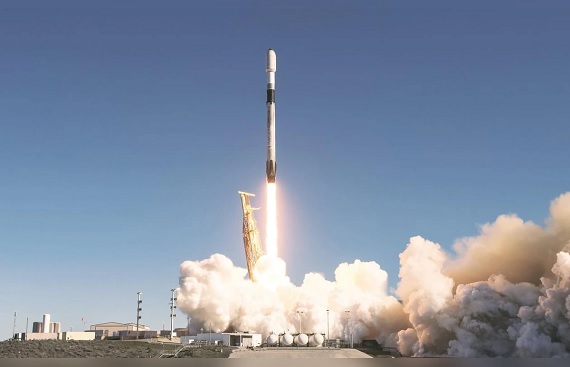ISRO & HAL Join Forces to Boost Small Satellite Launch Vehicle Production

- ISRO, HAL, NSIL, and IN-SPACe sign pact to produce Small Satellite Launch Vehicles (SSLVs).
- The deal marks ISRO’s 100th technology transfer, boosting India’s satellite launch capacity.
- HAL to build SSLVs within 24 months and scale production to 6–12 rockets annually by 2027.
India’s space sector achieved a landmark milestone with ISRO signing its 100th technology transfer agreement. The Indian Space Research Organisation (ISRO), NewSpace India Limited (NSIL), and IN-SPACe have partnered with Hindustan Aeronautics Limited (HAL) to produce the Small Satellite Launch Vehicle (SSLV). The move will expand India’s satellite launch capacity and meet growing global demand.
The agreement, facilitated by IN-SPACe, aims to democratise the SSLV market. ISRO Chairman, V. Narayanan said the collaboration reflects India’s push to open up the commercial space sector. ISRO will guide HAL in mastering SSLV technology and provide support for its first two missions.
HAL secured the contract on June 20 through a competitive bidding process. Designed by ISRO, SSLVs can carry payloads of up to 500 kg, including mini, micro, and nano satellites, into low Earth orbit. The rockets are known for their affordability, quick turnaround, and on demand launch capabilities.
Also Read: IN-SPACe Hands Over 5 ISRO Technologies to Boost India's Self-Reliance
IN-SPACe Chairman, Pawan Kumar Goenka called this the most complex technology transfer so far. He said HAL will now independently build SSLVs for domestic and international markets. HAL CMD Dr. DK Sunil added that the company aims to deliver two prototypes in the next two years and scale up to 6-12 SSLVs annually by 2027.
The technology transfer process is expected to be completed within 24 months, strengthening India’s position in the global space industry.
